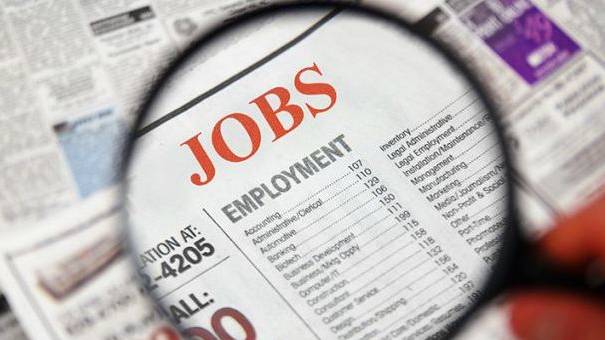As both a recruiter and a careers practitioner, ‘anything’ is the answer I have often heard when I have asked someone what they want to do for a job. People perhaps don’t want to appear to be picky in case you don’t consider them for a role that would mean money to them, or perhaps they are so desperate for work that they don’t stop to think about what they should do, what they want to do, or even what realistically they can do. Work is work and when there are bills to be paid, choice can be seen as a luxury that they simply cannot afford.
According to many online forums, ‘anything’ is also often the answer to what people should be willing to do but apparently aren’t when they are experiencing unemployment. Social media is rife with keyboard warriors spreading the idea that ‘anything’ is an appropriate, if not expected outcome for the job seekers in our community, set against the belief that people are experiencing unemployment because they are hanging out for a ‘better’ role. It seems that once you are experiencing unemployment, all bets are off and there is a social expectation that you will take the first job that comes along regardless of suitability.
There is a huge problem with this approach that needs to be addressed. Firstly, I understand the panic of feeling like you need to get into another job immediately regardless of what it is because of impending financial chaos with the debt collectors knocking at your door. However, you also need to consider the wider implications of this reaction.
Your mental health can be significantly impacted if you take a job that is a step (or a leap) backwards for you in your career – will you hate work every day? Research suggests that we spend up to 75% of our day in work-related activities and as such, it is so important that we get this right. Taking a job that you don’t really want can also damage the work chronology of your résumé, making it harder to get back on track. The stress (and sometimes resentment) you feel about taking this position can impact your personal relationships and cause stress in your personal life, and the longer you stay in the undesirable role, the harder it will be to break out of it and find a job that you actually want, resulting in you feeling trapped in the position that was only meant to be a ‘filler.’
Research tells us that less than half of Australians are happy with their job, and our work-life balance is getting worse. It’s so important to pay attention to our career development and look at how we can make decisions to better meet our broader needs.
We all need money to survive, but it’s not the only thing that we need. We need to be smart about how we plan our next step – even through the haze of panic that experiencing unemployment can stir. We need to be strong in our convictions and be able to truthfully answer the question ‘why do you want this job?’ demonstrating that we have thought about it and specifically want to attain the role. Considering a lower level job in a company that we want to work for or in an industry we’d like to be in, can be a way of side stepping without creating too much damage to our careers along the way.
We also need to remember that ultimately, these decisions are rarely in our hands; being overqualified is a leading cause of failing to be shortlisted for a job. It’s not always about being willing to accept ‘any’ job that comes along – it isn’t a matter of snobbery – it is very difficult to convince a hirer to hire you when they believe you are overqualified and will leave the minute a better role comes along. The assumption that people are experiencing unemployment because they won’t accept ‘any’ job is based on the premise that they are being offered jobs and declining them. Many of us in this situation never have that opportunity.
Remember – while unemployment is rarely a choice, how you go about searching for work is. It’s not snobbery to look for work in a company, industry or career that you want. It’s not about waiting for a ‘dream job,’ it’s about being smart about what you do with the fresh start you’ve been given.
This article was first published in the Border Mail and is re-published here with permission.

